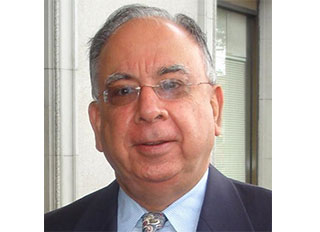CPhI Experts Comment on Urgent Regulatory Change

Malhotra argues that for far too long we have allowed the status quo to continue, and that for true continual improvement we need to make it easier for companies to make vital alterations to manufacturing processes, without being hindered by a full re-approval process.
Under his guidelines the #pharmaceutical industry will be allowed to commercialize process improvements (yield, process/operating conditions, operating parameters, cycle time) in the manufacture of approved APIs and their formulations. Guarantees on quality will then be provided from the manufacturing company, and they must ensure that the product efficacy and performance will not lessen, and the product will be equal to or better than the approved product produced by the company.
Crucially, if for any reason these standards are not met, he suggested a stipulation that the company proposing improvements will be barred from making the product using the alternate process for the next two or three years. And, if they do decide to use the alternate process, they will have to go through the full re-approval process.
Additionally, Girish states that minor changes that do not change the current filed processing methods will be excluded, and this will apply to OTC, brand and generic products.
#CPhI Worldwide, organized by UBM EMEA, launches Part i of its annual report ahead of CPhI Worldwide 2015 in Madrid—as CPhI expert, #Girish Malhotra calls for a radical solution to improve pharma manufacturing processes.





